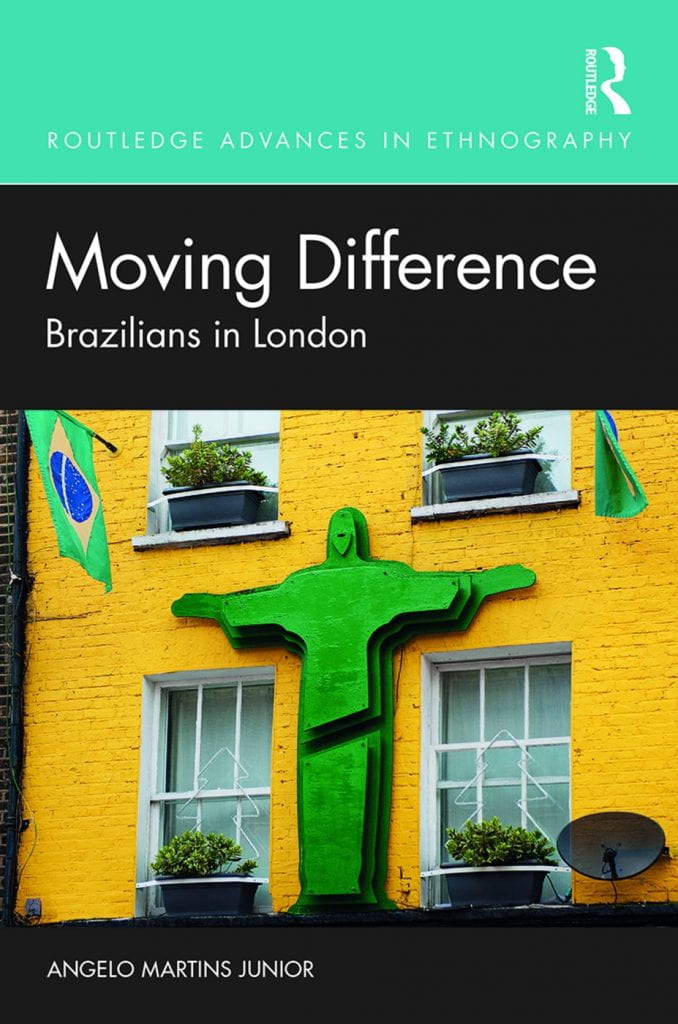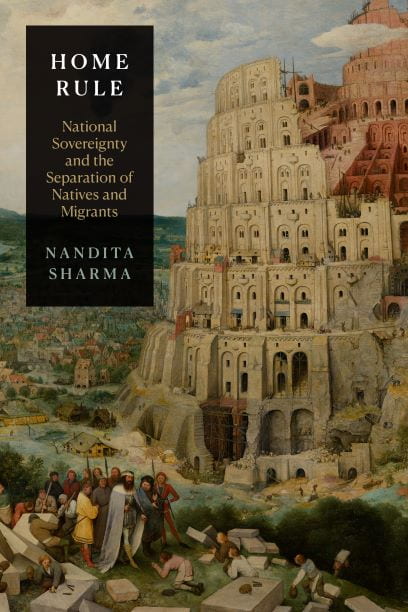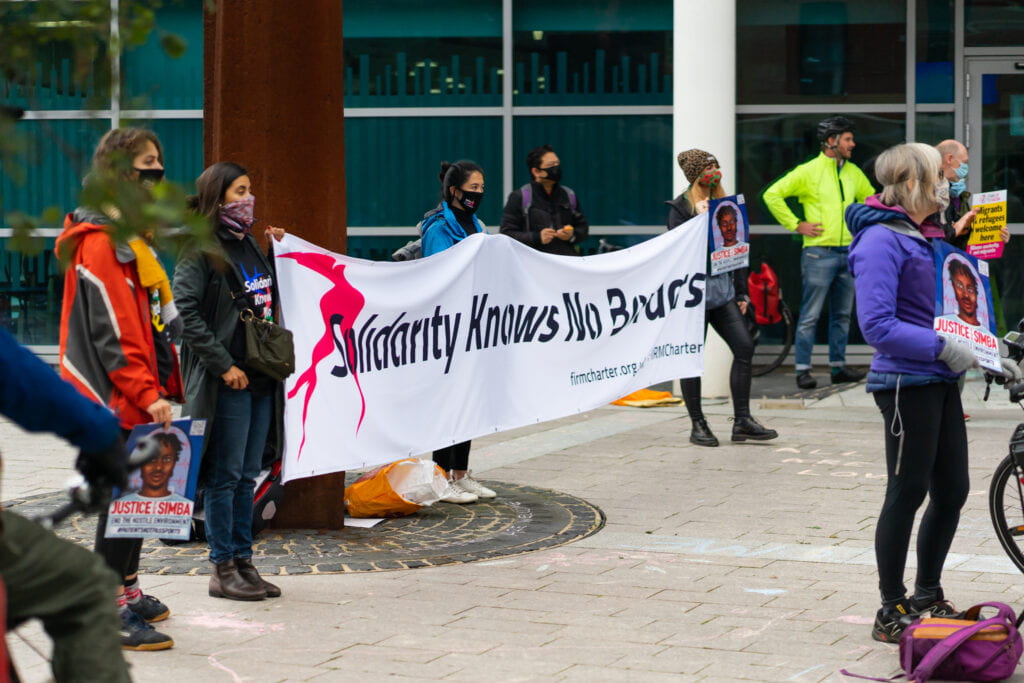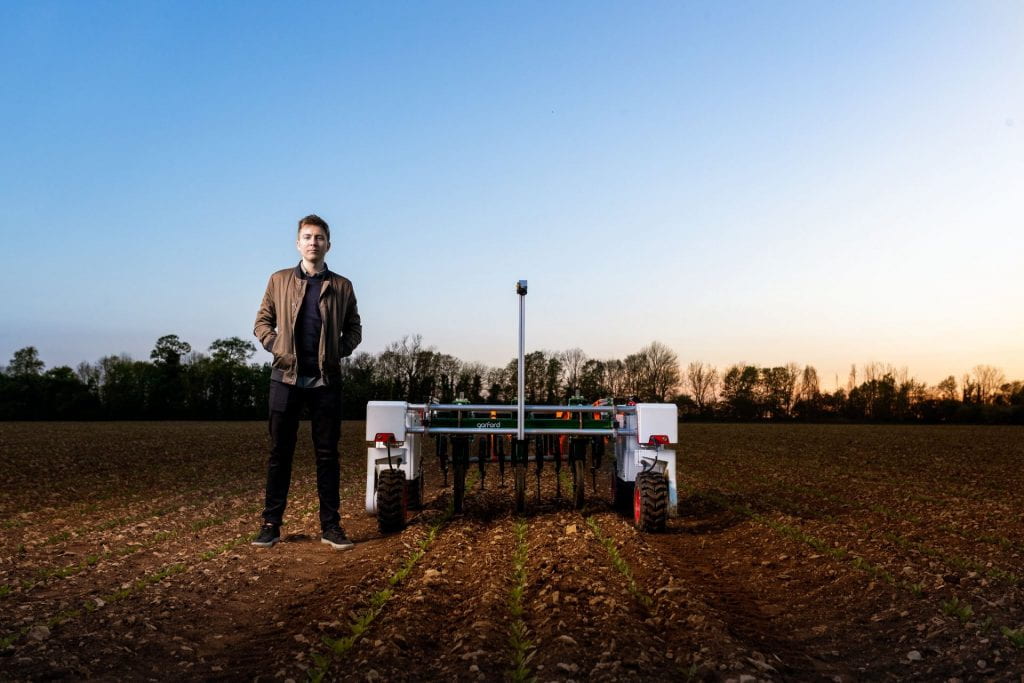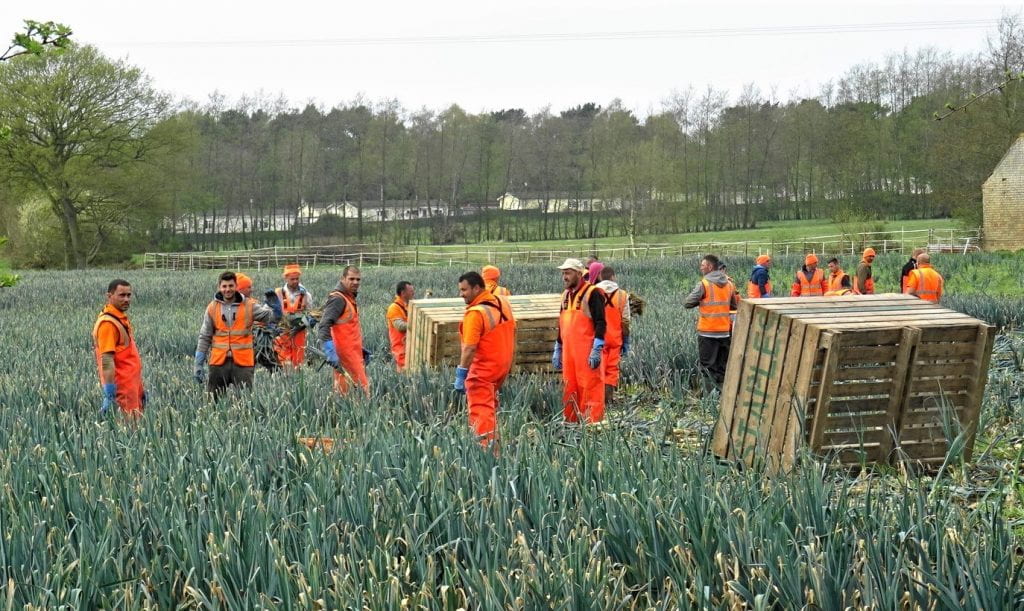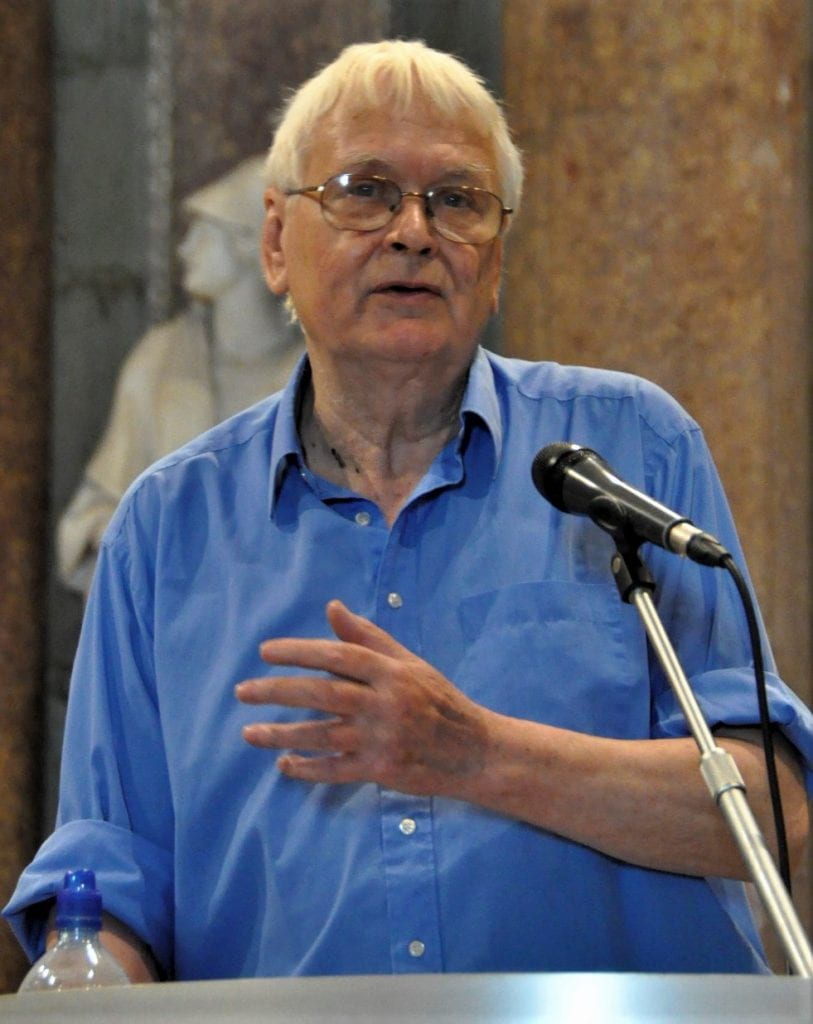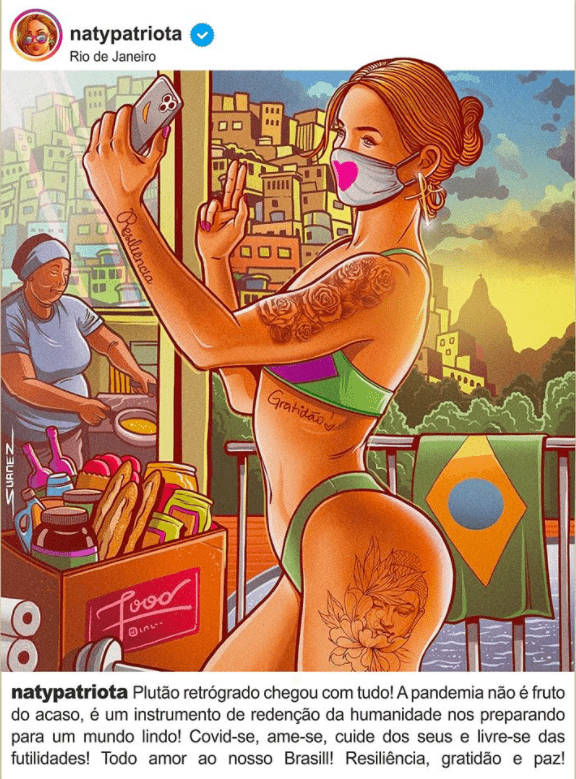Race, nation and migration – the blog series reframing thinking on movement and racism.
By Luke de Noronha.
My recently published book, Deporting Black Britons: Portraits of Deportation to Jamaica (2020, Manchester University Press), traces the life stories of people who have been exiled from their homes in Britain. The four men who feature most prominently in the book all moved to the UK as children, and lived here for half their lives before being deported. Now in Jamaica, where I met them, they struggle to rebuild and to survive. Importantly, they were all deported because of criminal convictions. Clearly, the deportation of criminalised black men raises urgent questions about the relationship between racism and immigration control in contemporary Britain.
In the book, I try to move beyond arguments that say immigration controls are racist because they are enforced in racially discriminatory ways. More than this, the very terrain in which racial difference becomes meaningful is thoroughly structured by immigration restriction and the legal borders of citizenship. In other words, immigration and citizenship policies work to nationalise and racialise the population and its ‘culture’, defining the nation as a ‘community of value’ through the exclusion of what it is not. Bordering practices do not merely reflect racial hierarchies, then, they (re)make them, and this matters when we try to evaluate what ‘race’ has to do with migration.
To think in complex ways about the relationship between ‘race’ and migration, I have found it useful to think about mobility – or more precisely differential (im)mobilities, following Mimi Sheller. It bears repeating that racial difference is not reducible to skin colour. Skin colour is not the cause of racial difference but one of its markers, and skin colour difference is made meaningful, and weighed down, by the reality of material inequalities between differently racialised people. These material differences are not only about wealth, but also correspond to who can move, how and with what effects. Thought this way, the government of mobility is central to the processes through which racial categories are produced and reconfigured, given life and social meaning in the present. This does not mean that ‘race’ and mobility are directly correlated. It is not as if those who cannot move are necessarily black, or that those who can are necessarily white, but it does mean that racialised social relations are substantially constituted by relations of mobility.
In my conversations with the men in this book, it became clear that the racialisation of black people in Britain is constituted by the policing of mobility. What are incessant stop and searches, and wider police harassment, for example, if not the surveillance and policing of (black) mobility? In the book, this emerges most sharply in relation to Ricardo’s story, who between the ages of 15 and 18 was harassed almost whenever he left the house, arrested countless times and detained in police stations, always without being charged. As a teenager without a criminal record, he had a personal officer visit him at home, every day, to check up on him. And because of his apparent ‘anti-social behaviour’, and his repeated arrests for robbery, his movements and associations were restricted. The terms of his anti-social behaviour order (ASBO) stated that he could not go to certain areas, especially places where he had been arrested, like West Bromwich town centre in the West Midlands. There were also buses he could not take because the route went through areas he was banned from, and the police gave him a printed map with highlighted pen marking the areas he could and could not enter, the streets he could and could not walk down.
In Jamaica, too, what it means to be black, or to be from ‘the ghetto’, or to be a Jamaican citizen in the world are all constituted by relations of mobility. The distinctions between black, brown and white in Jamaica, and between local and tourist, would not hold for long, or in the same ways, if the organisation of mobility shifted, and if different groups were afforded greater or lesser access to mobility. If Jamaica’s economy was governed not to export single commodities or package tourism, but to nurture liveable lives and ecologies on the island, then racialised social hierarchies would be transformed along with relations of mobility. If, somehow, the majority of black Jamaicans were able to move freely around the planet, not to toil as disposable migrant labour but simply to wander and travel, then it is hard to imagine that they would describe racism and historical injustice in quite the same way. What makes slavery so resonant for so many Jamaicans today is material hardship in the context of restricted mobility and global marginality.
These historical resonances and continuities are important. However, to talk about contemporary relations of mobility in terms of ‘sufferation’ and the afterlives of slavery should not imply that nothing has changed. The point is that ‘race’ is both deeply sedimented and historically emergent, both persistent and mercurial, heavy and yet slick. The challenge is therefore to work out how racial distinctions and hierarchies are made and remade. The relevant point here is that if racial distinctions and hierarchies are always constituted by differential (im)mobilities, then contemporary modes of governing mobility offer a window onto historically specific configurations of race and racism.
As such, it is not simply that the same groups are being immobilised in the same ways and for the same reasons. It remains true that blackness is constituted by particularly violent forms of enforced (im)mobility, but there is also something emergent and new about the contemporary government of mobility. Bordering practices perpetuate colonial inequalities, but they also produce new forms of racial differentiation and injustice – think about the refugee camp, the bordering of the seas and the implementation of enormous biometric databases, for example, and in the UK context think about new policing powers in the context of Covid, and new technologies of identification and surveillance targeting ‘migrants’ and ‘criminals’ (see Stop and Scan, facial recognition, and the Law Enforcement Data Service).
As economic and ecological crises deepen, and increasing numbers of the global poor are deemed surplus to requirements, the demand for bordering everywhere intensifies. In this context, the racist world order gets reconfigured with terrifying consequences, both familiar and novel. For Achille Mbembe, the contemporary border presents a worrying sign of where the world is going, and therefore anti-racism, as the struggle for liveable futures, will increasingly have to contend with bordering practices. This means theorising racism not only in terms of the legacies of European colonialism but also in relation to the present and future of the border.
Luke de Noronha is a Lecturer in Race, Ethnicity and Postcolonial Studies at the Sarah Parker Remond Centre for the Study of Racism and Racialisation, University College London. He is the author of ‘Deporting Black Britons: Portraits of Deportation to Jamaica’ (2020), and producer of the podcast Deportation Discs.
Deporting Black Britons is available from Manchester University Press. To receive 30% off, use the discount code ‘Deporting30’ at checkout.
Luke has also featured in the MMB Insights and Sounds 2021 series, talking to Bridget Anderson about ‘What does Blackness have to do with deportation?‘



